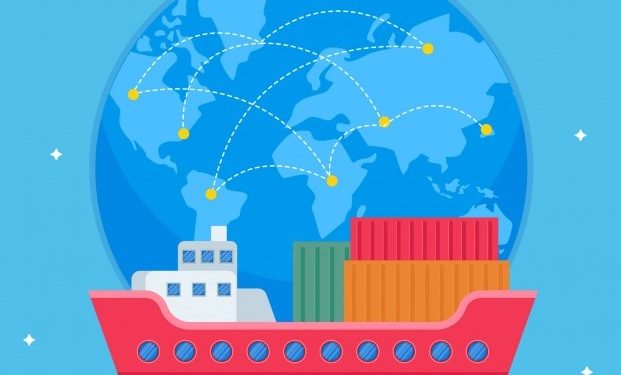This posting is in Global Banking & Finance Review and as the headline mentions, discusses one of the ways that the worldwide economic engine gets primed. The piece is penned by the founder of a specialized finance company that get involved in trade finance originations that are more structured and niche.
Trade finance is another of those areas that we cover fairly closely, although more along the lines of supply chain finance as opposed to structured finance. In the structured finance space, there is emphasis on assisting emerging economies and often large scale projects with multiple participants.
‘The various instruments available include: buyers’ credit (short- and medium-term credit lines granted to an importer by a bank or financial institution to finance the purchase of capital goods, services and other valuables); suppliers’ credit (payment terms granted to the operator with the foreign counterparty); silent confirmations (agreements between the beneficiary and the bank “confirmed silently”); and credit loans. Depending on the type of transaction, a company specialising in Trade Finance solutions finances the exporting country or the importing country, thereby assuming both the direct credit risks, or risks supported by bank or insurance guarantees, and the so-called sovereign risks.’
Some of the things we were pointing out in our earlier member report in 2020 included the following:
- There is a rush to cash as companies draw down on “revolvers” (corporate loans that can be drawn down and replenished) and as they access other credit facilities and pay close attention to working capital.
- Generally speaking, there is a corporate good citizenship effort underway to support smaller suppliers, who have been hit hardest and fastest. This is not just altruism since maintaining a supply chain helps to ensure that it will still be there when demand returns.
- There is a strong sense that the shortcomings of paper processes in risk management have been exposed during the pandemic and will serve as a catalyst for accelerated digitization of trade services.
Months later the third point has become especially noticeable as we enter 2021, since the acceleration of automation multiple areas of financial services as a result of reckoning with the inefficiencies of manual processes. So the referenced piece provides some additional information as to the types of players that support the often complicated world of trade finance.
‘Among the various players in the global Trade Finance industry, Club de Paris plays a major role. Established in the fifties, it is an informal group of creditors representing the world’s 22 wealthiest nations. The aim of Club de Paris is to find sustainable solutions for renegotiating the debts of developing countries which are struggling to make payments. Since it was founded, the Club has signed 470 agreements with 99 debtor countries, for a total of 588 billion dollars of renegotiated debt…. The role of Trade Finance is now all the more important for sustaining the recovery of the global economy, as it enables sophisticated solutions to be established and rolled out to support exports to and from countries with a high risk profile, where other financial institutions may prefer to avoid exposure.’
Overview by Steve Murphy, Director, Commercial and Enterprise Payments Advisory Service at Mercator Advisory Group









